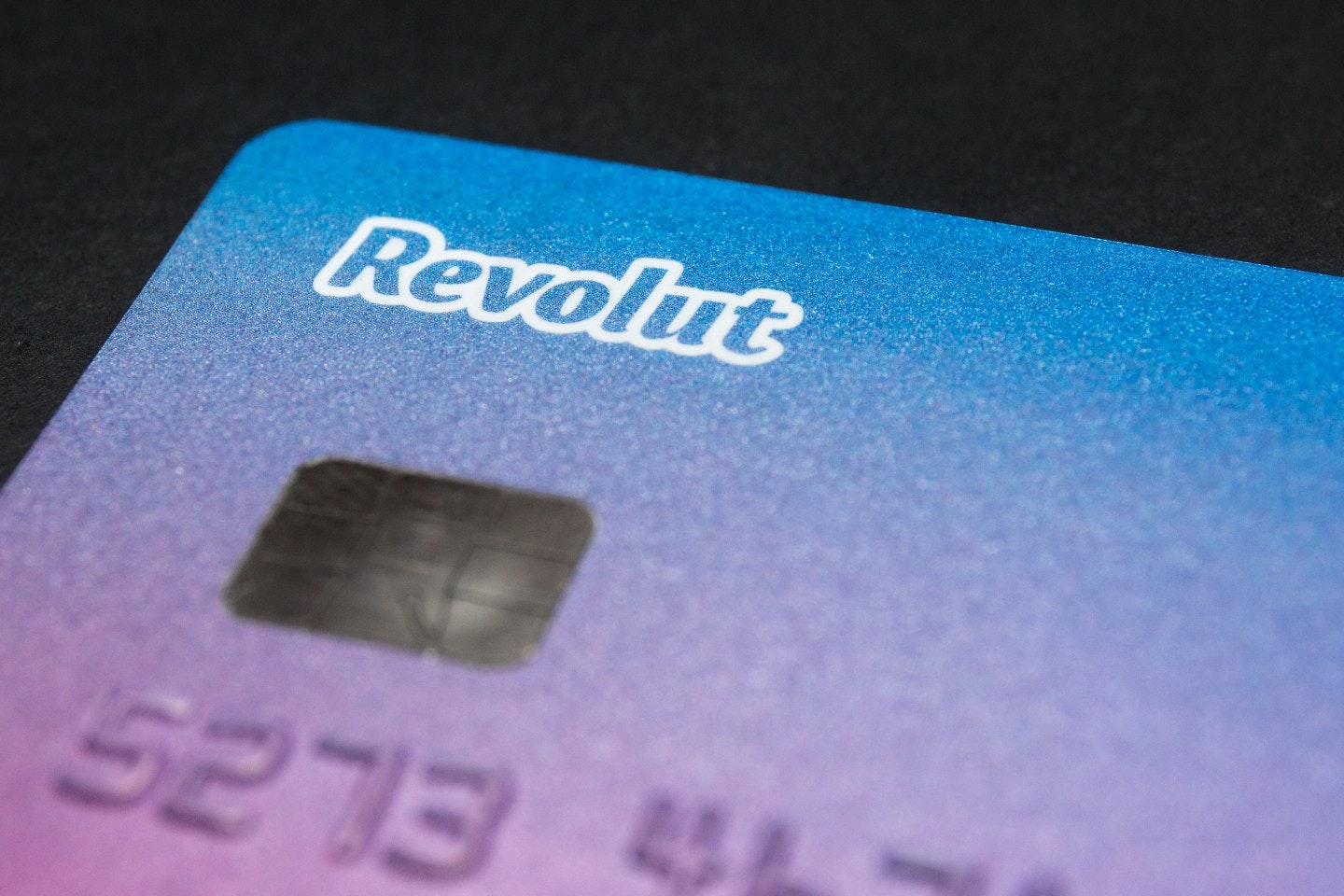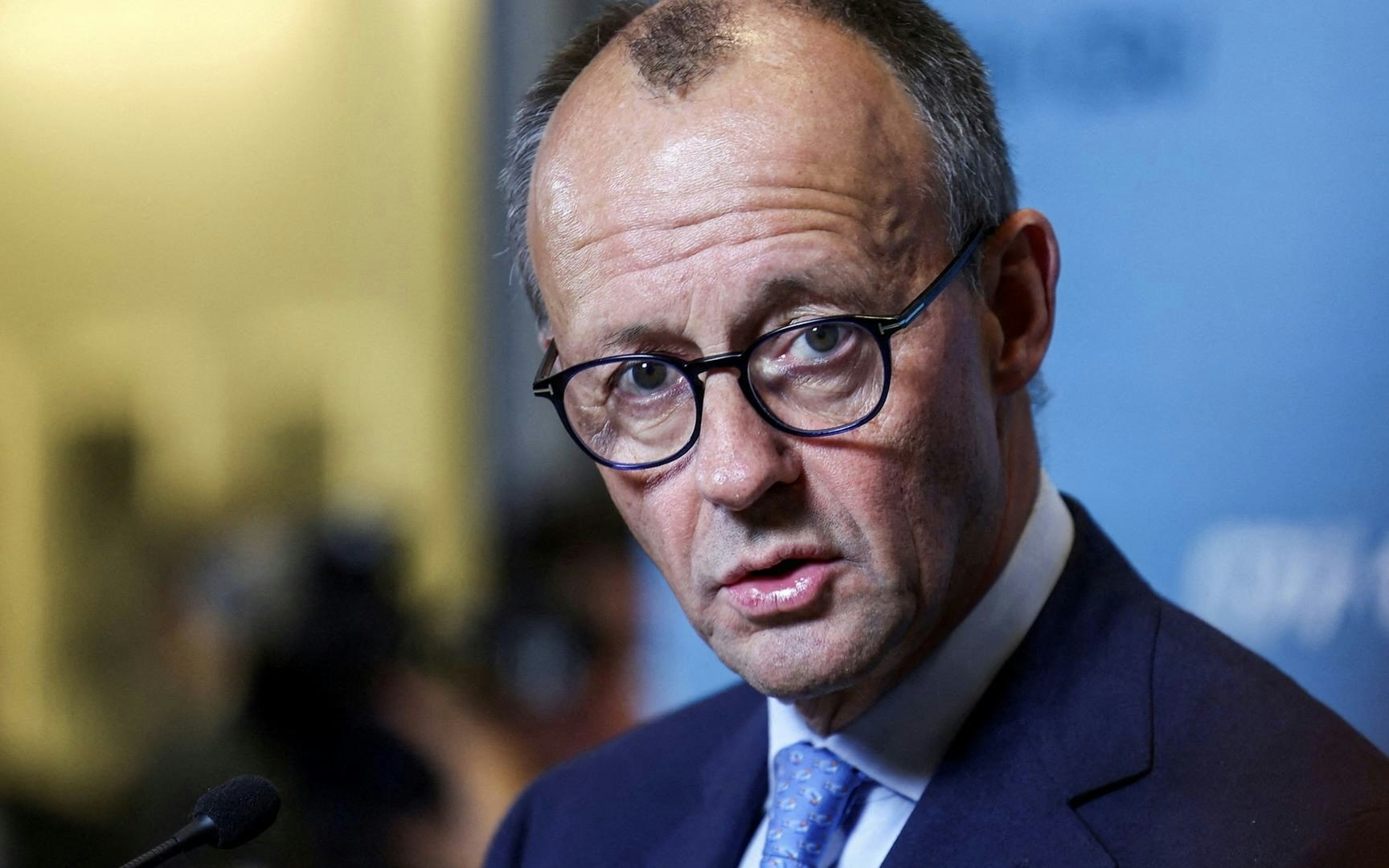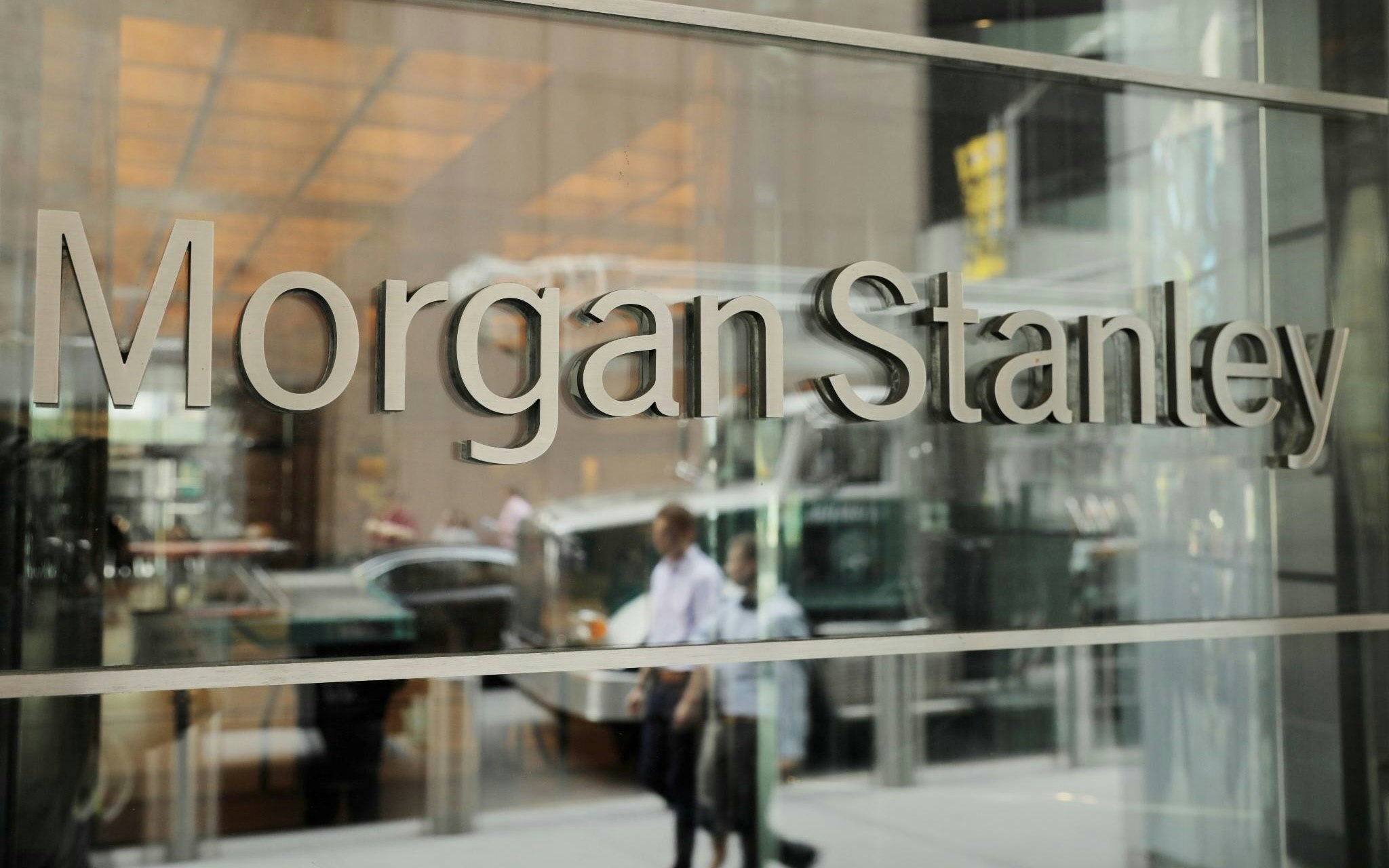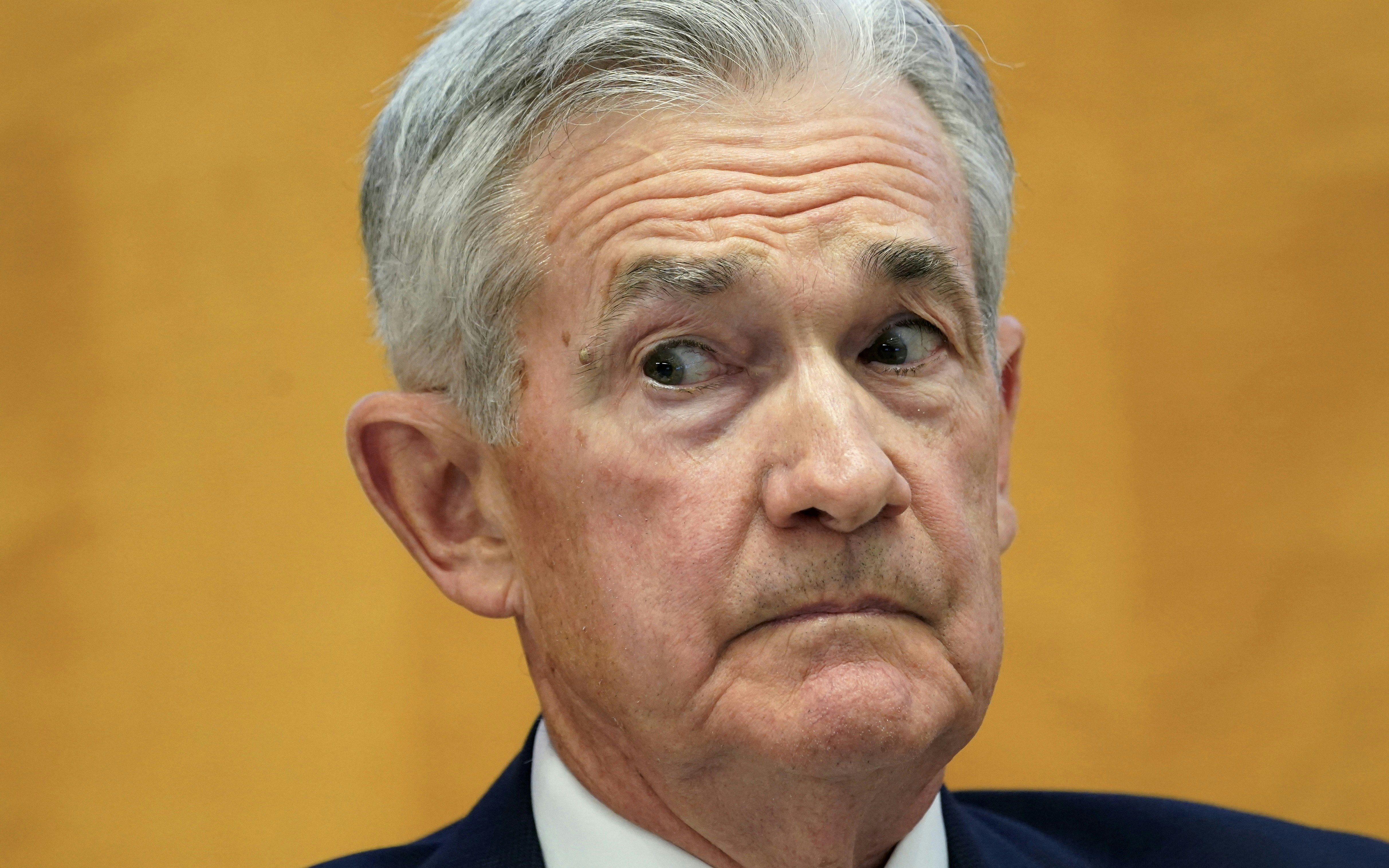Business
Revolut rings the cash register: Early investors and employees sell shares worth billions
After the long-awaited UK banking license, Revolut sells shares worth over 1 billion US dollars – a feat that further puts the fintech in the spotlight of the heavyweights.

It was a hot summer for Revolut – not only because of the temperatures, but because of a financial bombshell that shook the London fintech world. Shortly after the long-awaited awarding of the UK banking license, early investors and employees of the company were able to sell shares worth nearly 1 billion US dollars. But behind the shiny numbers lies more than just a moment of success: it is a story about growth, risk, and the new reality of private markets.
A million-dollar windfall for employees and early investors
The sales process began modestly – only current employees were allowed to sell their shares. However, the enthusiasm of institutional investors was so great that Revolut promptly introduced two extensions of the so-called secondary sales. Finally, former employees and early investors were also given the opportunity.
Prominent buyers include Mubadala, a state fund from Abu Dhabi, which acquired shares in Revolut for the first time. Particularly impressive: Founder and CEO Nik Storonsky alone reportedly pocketed between 200 and 300 million US dollars in the first sales window.
A New Benchmark for Start-up Share Sales
The scale of the deal is impressive. Early investors sold shares worth 500 million US dollars in the second sale window alone. Overall, secondary sales have surpassed the billion mark – a sum rarely achieved even in the fiercely competitive fintech sector.
Revolut is not alone with this trend. Other industry giants like Stripe have initiated similar sales. In February, the payment company allowed its employees to sell shares worth $1 billion – at a valuation of $65 billion. Sequoia Capital, a prominent investor, has since secured additional shares and increased Stripe's valuation to $70 billion.
The Long Road to a Banking License – and What It Brought
But the path to this dazzling transaction was anything but easy. For over three years, the granting of the UK banking license for Revolut was in limbo. Faulty balance sheets and a critical audit report from 2021 burdened the trust of investors. It was only this summer that the breakthrough came – and with it, a new chapter for the company.
The banking license brought a rush of interested parties. Wealthy clients of Goldman Sachs' private bank joined the list of new shareholders. For Revolut, this meant not only fresh capital but also a clear signal to the market: The company is perceived as a serious player in banking.
An expensive deal for sellers
Interestingly, Revolut profited from secondary sales.
Revolut has set a benchmark with this deal that redefines the fintech sector. The story is a testament to the attractiveness of private markets – and to the courage to think long-term even in turbulent times. As employees and investors realize their profits, the crucial question remains: How high can Revolut still go?





